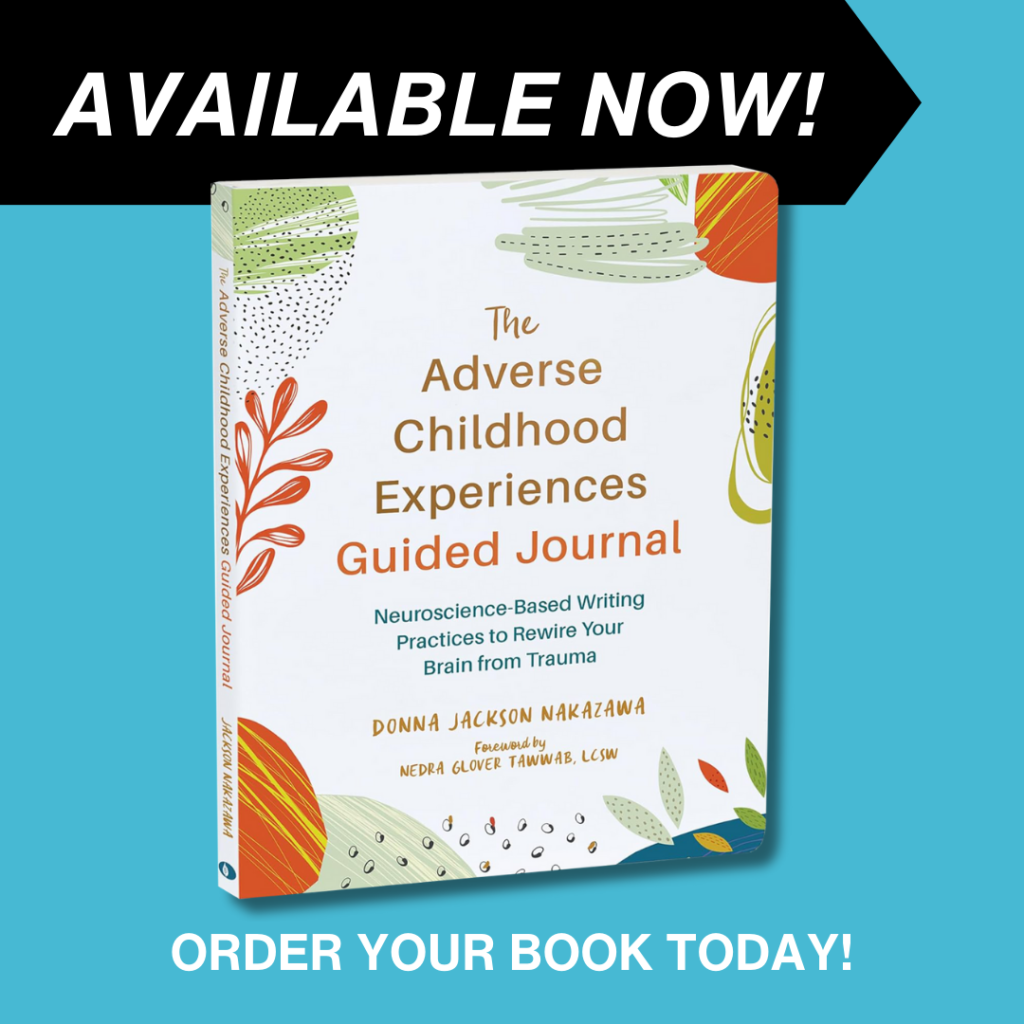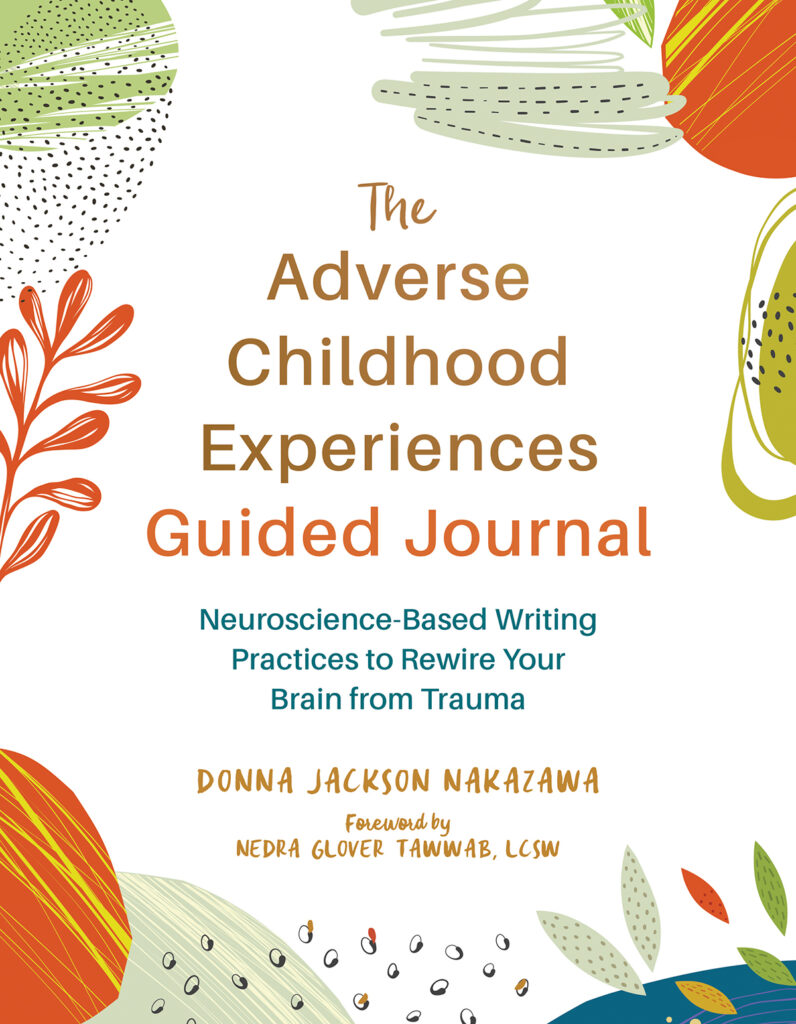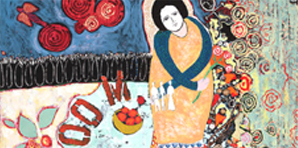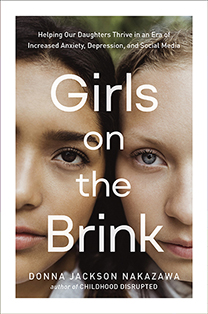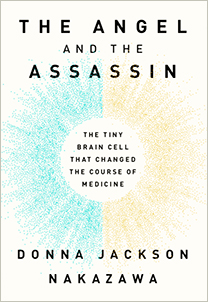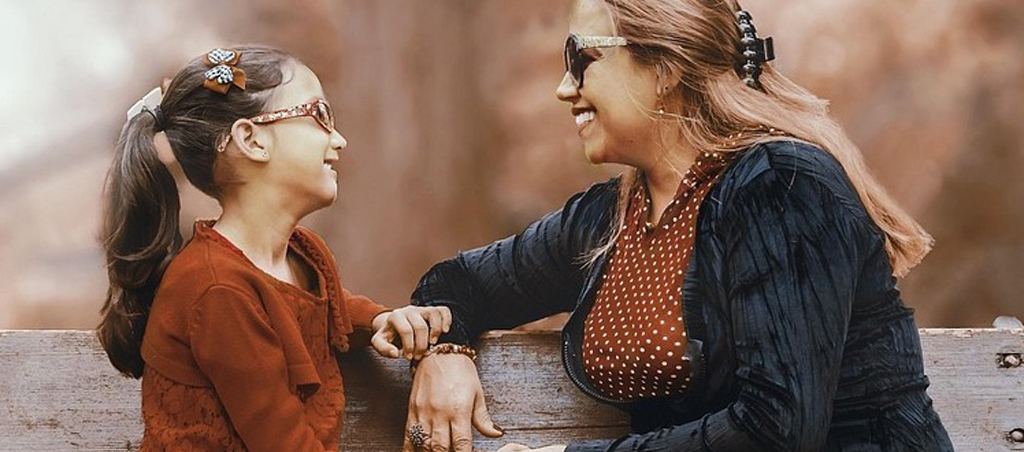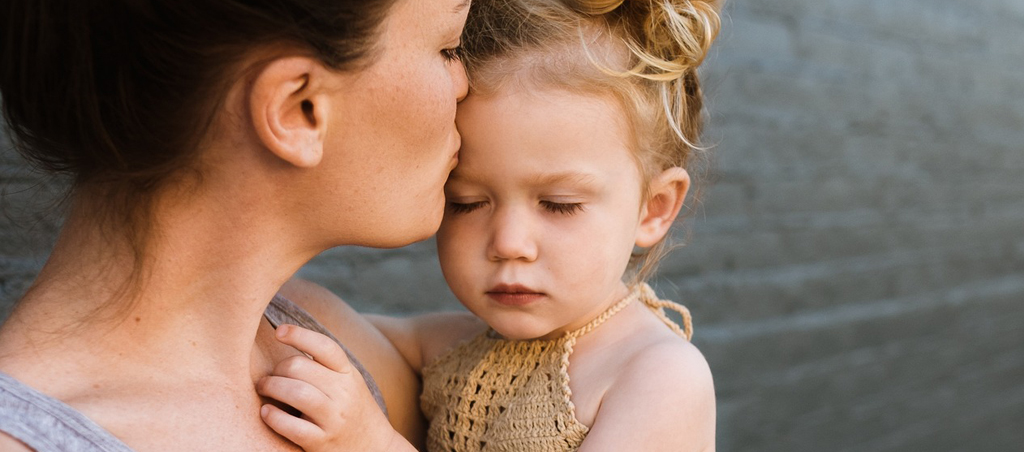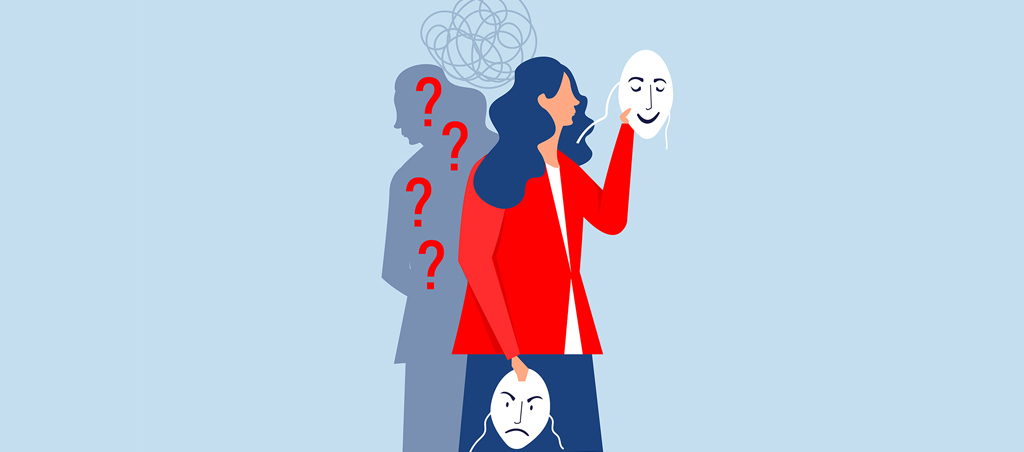
Our Unhealed Trauma and Anxiety Are Creating a Crisis for Our Teens
Thanksgiving is this week in the US and many of you have already been feeling the extra pressures of the holiday season—to do more and give more. Every day, we’re inundated with images, expectations, and pressure—from society, social media, and even our families—to create the perfect holiday. In our rush to meet these demands, we often neglect our own well-being. Parents today are increasingly overwhelmed and stressed. Our children are noticing and worse, suffering from it.
A groundbreaking CDC study recently asked teens to self-report the adversities they face and how those experiences affect them. The findings are sobering. In its October 2024 report, they found that not only are high schoolers today experiencing high levels of adversity, the number one type of childhood adversity they face is at home. Sixty-one percent of teens said they experience “being put down or insulted by a parent or adult at home” (what researchers call “emotional abuse”). Equally worrying in the CDC’s Adverse Childhood Experiences and Health Conditions and Risk Behaviors Among High School Students report is this fact: 28% of high schoolers said they live with a parent who is struggling with depression, anxiety, or another mental health disorder (what researchers call “household poor mental health”).
When teens experience adversity, they look to their parents for support. But too often, they’re met with adults who are overwhelmed, reactive, and unable to regulate their own emotions.
I invite you to pause this week. Reflect on what you and your family truly need before the season pulls you in every direction. In my latest Substack article, I share insights from teens who have bravely opened up about what they wish their parents understood. I also offer a writing-to-heal exercise to help you identify your triggers, address unhealed trauma, and begin building a stronger emotional connection with your teen.
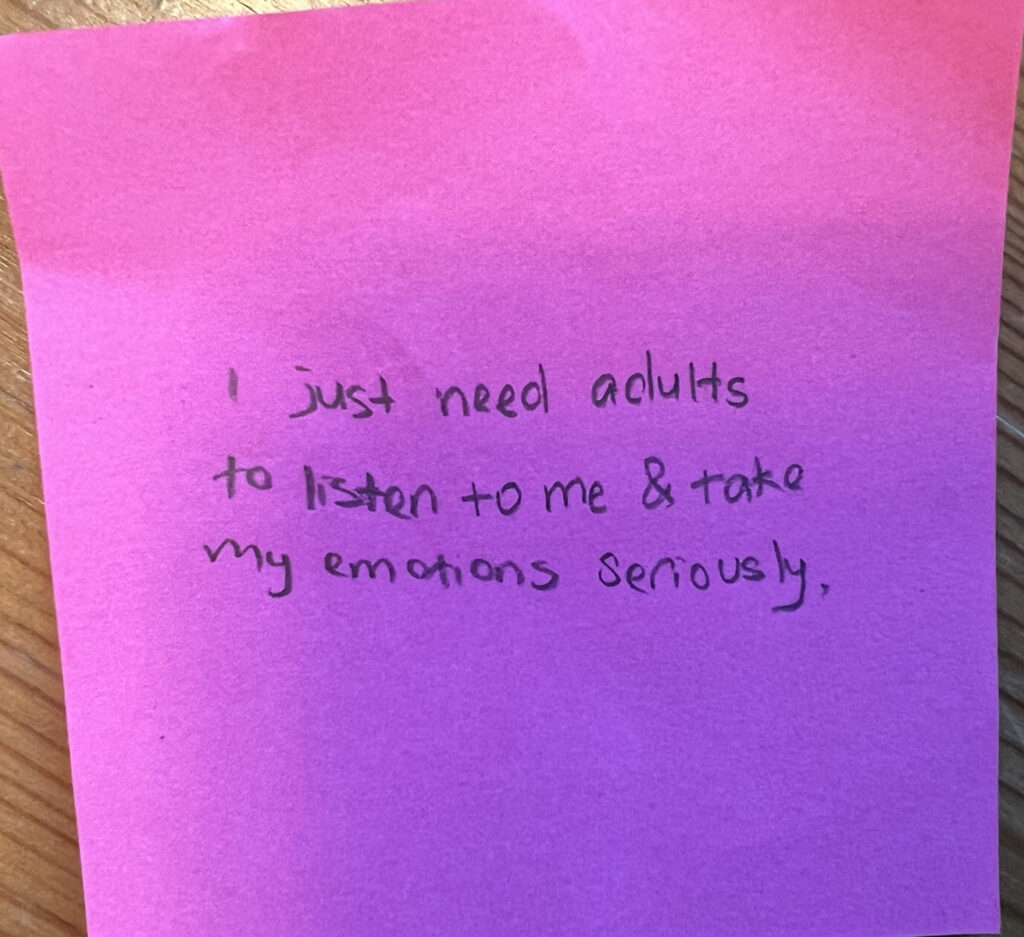
We have to do better for our kids, and we can. You can shift the vibe in your home from “I’m too stressed out and reactive to be able to help you” to one of “You belong, you matter, you’re safe with me, I will not judge you.”
In my next article, I’ll explore and offer practical ways we can prepare for and protect ourselves against the pressures of the holiday season and how to navigate stressful family gatherings.
Try this quick Writing-to-Heal prompt to work through unhealed trauma and build a better connection with your teen
I encourage you to take a moment to try out the exercise in my article. As you write, remember to show compassion to yourself—the child you once were and the person you are now. If any strong feelings arise, it’s okay to take it slow or even reach out to someone for support.
In this exercise, you turn your lens to your own story and examine how any challenges or unhealed trauma may still be impacting you now. This awareness, in turn, will enhance your ability to dial into what your child may need to receive from you. Seeing the connection between your child’s story and your story provides an aha moment of awareness that can help you stop, pause, and regulate yourself when stress levels are rising and your child needs your love and reassurance, not your judgment. You can read the full article here.
Join the Healing Together Community
Did you find this exercise helpful? I’d love to hear your thoughts. For further discussion, join my community on Substack.
Right now, all my articles on Substack are free, and it’s a great time to get involved as we shape this supportive space together. Your presence and engagement mean the world to me! (In the future, I’ll be offering additional content, activities, and conversations for paid subscribers. If you want to support my work as a paid subscriber right now as we build this meaningful community together, thank you!)
And if you want many more strategies and neuroscience-based writing prompts, drawing exercises, and visualization practices to help you on your healing journey, might I suggest picking up a copy of my latest book, the Adverse Childhood Experiences Guided Journal and check out my Writing-to-Heal workshops here.
Thank you to everyone who has supported my work and continues to do so—I’m so grateful to be able to share my ideas with you. I truly believe in your ability to be calmer and more present for your child.
Yours,
Donna
